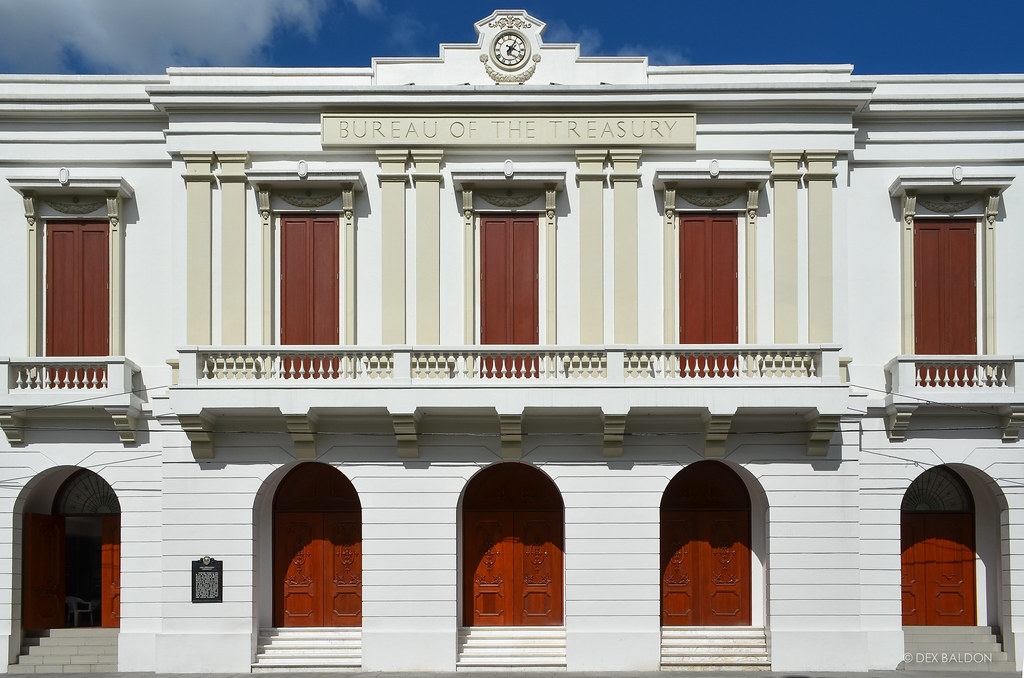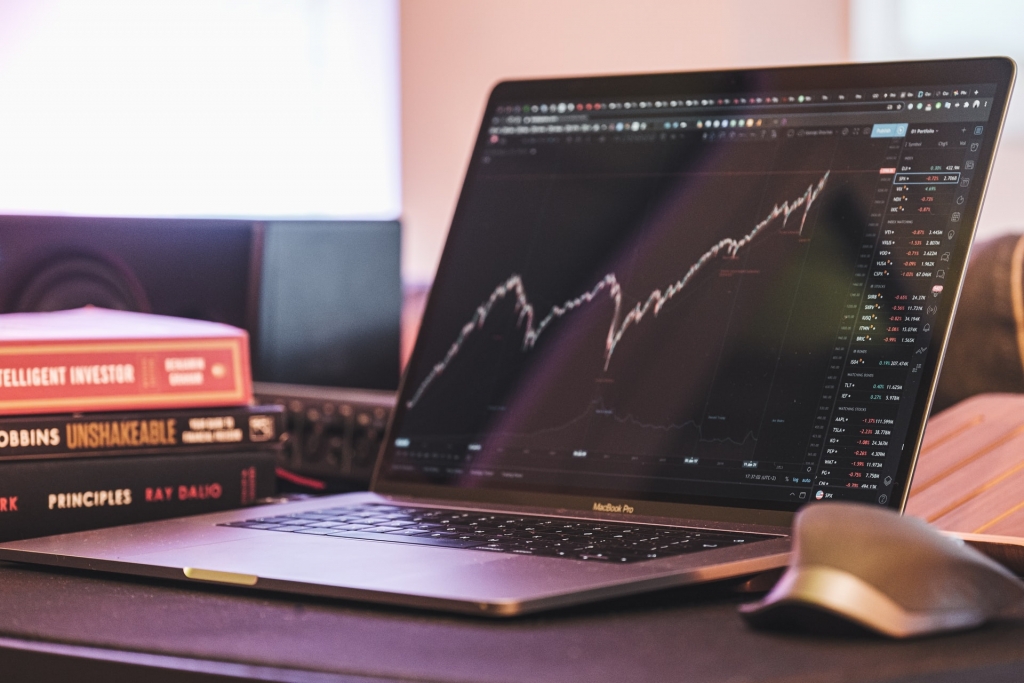How can the rising Philippine debt affect your investments and how can you buff up your portfolio against its impacts? Find out here.

Last February 2022, Business World reports that the Philippine Economy may face risks from ballooning debts amid the current global crisis. On March 4, the Bureau of the Treasury issued a press release announcing that the total outstanding National Government (NG) debt hit the Php 12.3 trillion mark as of end-January 2022.
This accounts for a Php 301.12 billion (2.6%) increase from the previous period. To break this down, a third of this debt (30.4%) was sourced externally, while the majority (69.6%) were domestic borrowings.
But what do these numbers actually mean for us and the rest of our economy? Let us first determine what each of these terms means.
What is the National Government debt?
The national government debt or public debt is the financial liabilities shouldered by the Philippine government. These are unpaid borrowed funds from domestic and external sources. If the funds are borrowed from domestic residents, they are considered domestic debts. However, if the borrowings are from foreign sources, they fall under external debts.
Why does the Philippines incur these public debts?
As stated in a Philippine Center for Investigative Journalism article, the Philippines has no choice but to incur these debts. Governments always borrow money from domestic and foreign sources to finance public projects. Most of this year’s extra borrowings were mainly used to finance the country’s Covid response.
Should you worry about the increasing Philippine debt?
Though the debt numbers may be overwhelming, experts assure the public does not have anything to worry about. This is because most of these debts are still domestic. In other words, the government raises funds domestically by issuing treasury bonds and bills and short-term debts from the Bangko Sentral ng Pilipinas (BSP).
In short, Filipinos are still the government’s biggest lenders at present. Experts also believe that higher domestic debt is more sustainable because the government borrows from its people and pays its people. In short, the money does not go out of the Philippine economy.

What is the effect of Philippine debt on investments?
The immediate effect of high Philippine debt is the high-interest rates. According to experts, having a growing debt means being vulnerable to interest rates. This is especially concerning now that the US is rethinking its current lenient debt policies. In addition, a growing debt paired with a gross domestic product (GDP) slowdown can increase the country’s debt-to-GDP ratio, a measure of its capacity to repay its total debt. Should foreign lenders impose higher interest rates, it might impact investment portfolios.
Lower stock returns
For one, more government bonds may drive up interest rates and decrease stock market returns. If there is a surplus of new bonds in the supply market with more attractive interest rates, old bonds tend to yield lower stock market returns.
Less budget and revenue
Next, higher interest rates also mean less budget and less income. This is because consumers will more likely be conservative on their spending. Furthermore, when people spend less on goods and services, companies also earn less in revenue.
How does national debt affect real estate?
National debt plays a vital role in the determination of interest rates. By extension, this also affects capital costs and property values. To finance government debt, interest rates may climb to attract capital to fund the country’s Covid response, infrastructure projects, and other public services. One foreseeable impact of this on commercial real estate is the decreased demand for housing. That is because high borrowing costs discourage property buyers from taking up loans.
Aside from raising the cost of financing your home, high interest rates can also affect the market’s supply and demand for real estate. If instability continues and risks increase in the future, the credit markets can also suppress real estate property prices.

How to protect your investment portfolio amid an economic crisis?
We are still experiencing the lasting impacts of the pandemic. Furthermore, there is also economic instability due to the Russia-Ukraine war. Because of these, investors are wary of another recession. If you are one of them, you might wonder how you can effectively protect your portfolio in this crisis.
Investing during a crisis is riskier because of its many uncertainties. But this risk is more favorable than letting your money sit and lose value amid inflation.
That said, here are some ways that you can buff up your portfolio during a crisis:
Take advantage of falling asset prices.
For some investors, falling asset prices sound an alarm. Driven by fear, these investors have the tendency to sell their assets “on sale.” In fact, this is true in the last market dip immediately after the conflict between Russia and Ukraine broke out. What you can do is buy these assets at their low. From there, it is only a matter of patience and monitoring the market until optimism returns. Once the uncertainty settles, prices will recover, and you can start earning.
Invest in rising interest rates.
You will do well when interests skyrocket by investing in brokerage firms that earn from these high rates. Alternatively, cash-rich companies are also a good choice as they have the capacity to earn more from cash reserves. The technology and healthcare sectors are also ideal since they hold greater profits for reinvestment.
Lastly, you can also invest in real estate despite the high cost of financing properties. Why? Because real estate property price appreciation can outpace the rising interest rates. With proper planning and the right properties, you can leverage high interest rates to your advantage and make a profit.
The bottom line.
Though the government may be incurring surprising levels of debt, it is not a reason for you to worry. However, you should also keep track of how its effects, like high interest rates, could impact your investments. By knowing the risks ahead of time, you can plan and buff up your portfolio against a possible crisis situation.

Choose the right properties for your portfolio.
Check Camella’s available house and lot and condo for sale across the Philippines!


